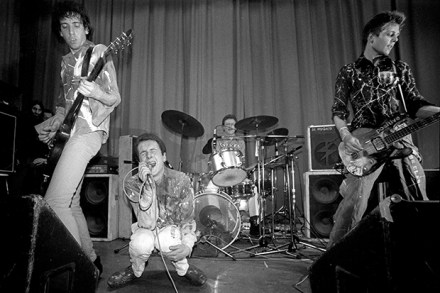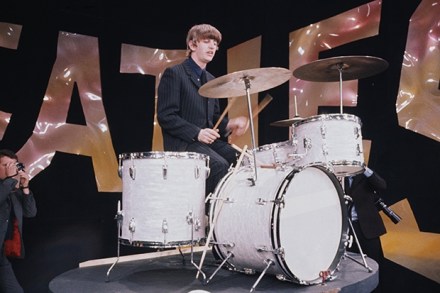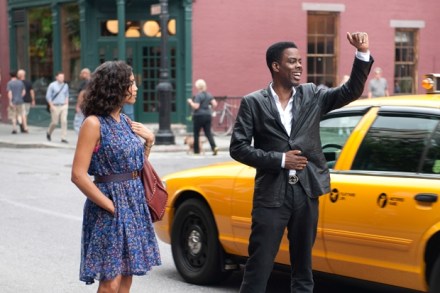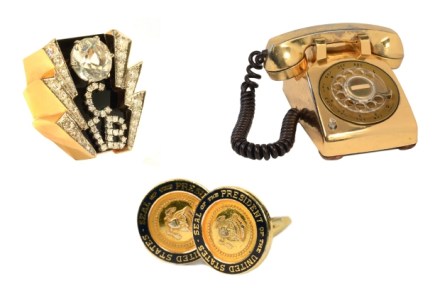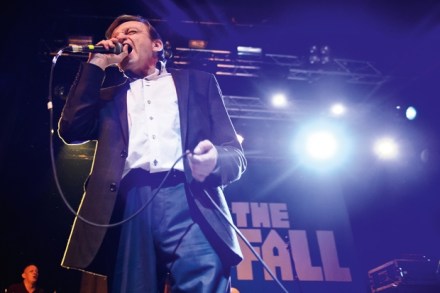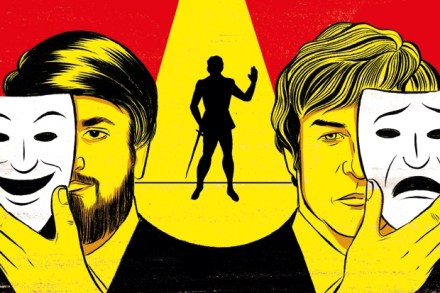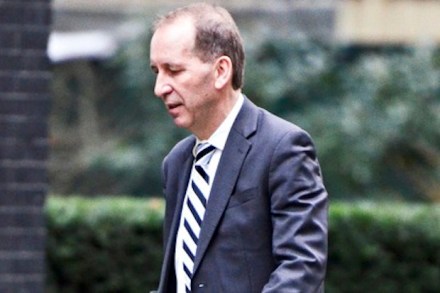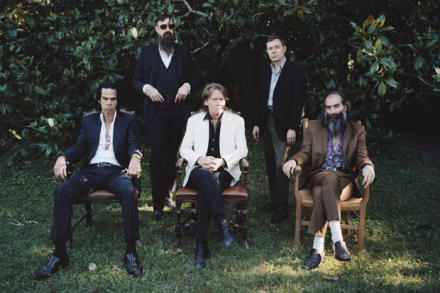Your problems solved | 6 August 2015
Q. While renting in Rock last week, I ran into an acquaintance who invited me to join her large house party for supper the next night. Looking back, the group of ten or so did seem oddly surprised to see me when I arrived. Then, during the pudding course, I looked discreetly down at an incoming text and saw the reply to my own earlier text saying I was looking forward to seeing her later. It announced that she was sorry, but dinner was cancelled that night as none of her house party would be in. The mobile signal in Rock is very bad and the message had only just


